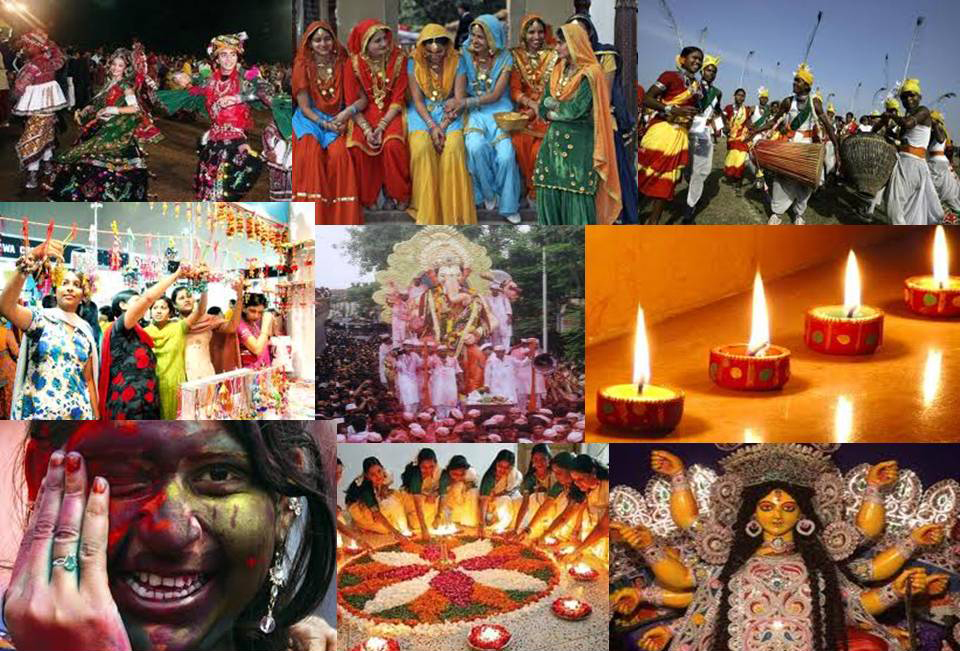Festivals are colorful festivities that bring communities together, showcasing the fullness and plurality of heritages from around the world. They serve as a testament of our common humanity and the practices that define our identities. Each festival is a singular experience, filled with regional flavors, noises, and sights that enchant the senses and build lasting recollections. Whether it's a major cultural event or a small community gathering, these occasions foster a sense of togetherness and unity among participants.
Creating an memorable festival experience requires careful planning of several crucial elements. These components not only enhance the overall experience but also ensure that the essence of the celebration is sustained while providing visitors with an chance to interact deeply with the heritage being celebrated. From immersive activities to dynamic performances, let’s examine the five must-have elements that can elevate any festival into a remarkable experience.
Societal Significance of Festivals
Festivals act as a colorful representation of the heritage tradition of a society. They gather individuals from different backgrounds, allowing them to commemorate their collective history and customs. Through multiple forms of artistic expression, such as melody, movement, and visual arts, festivals serve a stage for communities to showcase their distinctive cultural heritages. This celebration fosters a sense of self-esteem and inclusiveness among attendees, strengthening cultural continuity and the passing down of traditions to coming generations.
Furthermore, celebrations serve a critical role in promoting social unity. By bringing together people together in a joyful atmosphere, these festivities facilitate interactions among different groups, overcoming social divides. Participants have the chance to connect with individuals from various cultures, enhancing mutual understanding and appreciation. This social engagement is crucial in diverse societies, where festivals can highlight common values despite varied cultural backgrounds.
Additionally, festivals often have a major economic impact on local economies. They welcome tourists and visitors, creating opportunities for community businesses and craftspeople. The influx of tourists during a festival contributes to the local economy, providing assistance for service, commerce, and artistic enterprises. This financial benefit, alongside the social and cultural benefits, solidifies the significance of festivals in cultivating and honoring the rich mosaic of human cultures.
Critical Aspects for an Indelible Experience
To create a truly memorable festivation, it is essential to immerse attendees in the vibrant canvas of heritages featured. This means highlighting diverse artistic manifestations, from sounds and performance to sculptures and storytelling. By incorporating festival guides and featuring artists from diverse backgrounds, festivals can present a colorful array of experiences that resonate with all attendees. The addition of heritage learning adds depth, making it more than just amusement but an illuminating experience that promotes appreciation and awareness.

Another key element is the spirit of togetherness nurtured at a festivation. Facilitating engagement among attendees can transform the vibe into one of collective joy and unity. Offering venues for socializing, sessions, and joint events allows people to connect with one another, building new connections and memorable moments. Festivals that value diversity and offer options for involvement create a warm, welcoming environment that enhances the overall festivity.
Lastly, the culinary aspect cannot be ignored. Food is a universal language that unites people together and highlights culinary traditions. By offering local cuisines and offering diverse dining possibilities, festivals can stimulate the palates and create enduring experiences tied to the tastes experienced. Culinary booths and pop-up restaurants that highlight authentic cuisines can elevate the festivation, allowing participants to enjoy and honor the heritages around them in a tasty and significant way.
Creating Unforgettable Moments at Festivals
Going to a event is not just about the shows and events; it's also about forming connections and seizing moments that linger long after the event is over. Connecting with fellow festival-goers cultivates a sense of community that elevates the complete experience. Discussions with people from diverse backgrounds broaden our knowledge of various cultures, making events a space for cultural exchange. Exchanging experiences, whether through songs, creativity, or cuisine, builds connections that can last a long time.
A further aspect of making unforgettable moments is enjoying the festival's unique features. Taking part in workshops, trying traditional cuisine, or viewing art displays allows visitors to engage themselves in the cultural aspects that characterize the event. These events not only offer fun but also intensify respect for the customs and background represented. Documenting these moments through photos or souvenirs further cements the memory, allowing people to reminisce about the joy they felt during the festival.
In conclusion, taking the time to think about the festival experience can make it even more more meaningful. Inviting attendees to tell their experiences, thoughts, and feelings about what they witnessed creates a feeling of community and remembrance. This common experience becomes part of the festival's legacy, connecting past, current, and future participants. Ultimately, the combination of connection, engagement, and reflection transforms a festival into an unforgettable celebration of culture and community.
